But the speed and final point of this process are still a big question
The Ukrainian political elite has always resembled a gathering of scorpions in a tin can. But recently, this similarity has become especially bright and prominent. Fault lines are appearing everywhere: between official Kiev and its “dear Western allies”, between the team of President Zelensky and the team of Commander-in-Chief of the Armed Forces of Ukraine Zaluzhny. And here is a new interesting political phenomenon: a loud public squabble within Zelensky’s team.

Maryana Bezuglaya, deputy head of the Verkhovna Rada Committee on National Security and Defense from Zelensky’s Servant of the People party, close to the president: “The Commander-in-Chief of the Ukrainian Armed Forces was unable to provide a plan for 2024. Neither big nor small, neither asymmetrical nor symmetrical. The military simply said that they need to take away at least 20 thousand citizens a month.” The conclusion that follows is: “This kind of leadership must go.” Presidential Representative in the Verkhovna Rada Fyodor Venislavsky: “Maryana Bezugla’s stay on the Verkhovna Rada Committee on National Security and Defense may threaten the national security of Ukraine.” A very strong statement: Zelensky’s representative publicly admits that Zelensky’s representatives are a threat to the national security of Ukraine. They have good logic in Kyiv!
Here is what, in my opinion, the most likely version of what happened looks like: Maryana Bezuglaya sensitively caught the negativity towards Zaluzhny coming from her party (as well as state) boss, but at the same time lost sight of an important nuance. The real balance of political forces in Ukraine now is such that a direct frontal attack on the commander-in-chief is now either unprofitable or beyond the capabilities of the president’s team. In the end, it turned out that the unlucky madam deputy “ran into hell before daddy” and now has to answer for it.
But, of course, this is all nothing more than fortune-telling based on the Kyiv political tea leaves. Let's talk about what we can be absolutely sure of, being in Moscow — geographically close to Kyiv, but politically infinitely far from it. In 2019, Zelensky became the president of Ukraine with the status of a popular favorite. By the beginning of 2022, most of this political capital had been spent: the first person of Ukraine was close to becoming a role-playing figure. After the start of the SVO, there was a new surge in Zelensky’s popularity and consolidation around his figure. But the closer January 2024 is, the closer the President of Ukraine is to his rating (or, rather, anti-rating) from January 2022.
Remember the phrase “Teflon politician” — in the sense of a servant of the people to whom nothing sticks ? So, the Teflon is now peeling off from Zelensky in huge fragments. The President of Ukraine is gradually losing legitimacy. And the cancellation of the planned presidential elections is very likely to give this process of loss of legitimacy a completely new pace.
In itself, the cancellation of elections due to hostilities is not something out of the ordinary in world practice. An example that I once gave. The term of office of the House of Commons of the British Parliament is five years maximum. But due to World War II, the House of Commons, elected in 1935, continued to function until 1945. But this became possible thanks to the continued consolidation of society and the political elite. In Ukraine, there is a process of “disconsolidation” (excuse me for this neologism). And the expiration of the term for which Zelensky was elected president will inevitably weaken his position.

But the matter, of course, is not only a new depletion of Zelensky’s political capital. Even more important is the parallel process: a wave of doubts observed both in the West and within Ukraine itself about the ability of official Kyiv to “defeat Russia.” We can also talk about the presence of another important parallel process: the progressive expansion of the political autonomy of the military leadership of Ukraine. If we call a spade a spade, then Zaluzhny’s recent article in The Economist, in which the commander-in-chief of the Armed Forces of Ukraine wrote about the “deadlock” at the front, is an open violation of subordination, a challenge to the authority of the Supreme Commander-in-Chief, which, according to the Constitution, is the President of Ukraine. That Zaluzhny got away with this insubordination may indicate two things (or, as I suspect, a combination of these two things): Zelensky’s reluctance to “rock the boat” and the fact that Zelensky is now politically too weak to to rein in the “junior commander-in-chief” (although which of the two commanders-in-chief is the younger can now be argued).
The presence of all three of these trends in Kyiv makes me remember the internal political situation in Germany at the final stage of the First World War. Formally, power in the country then remained in the hands of the political leadership led by Emperor Wilhelm II, but de facto it passed to the military, led by the Chief of the General Staff Paul von Hindenburg. What makes this analogy so interesting? The fact that it was the military in the fall of 1918 who came to the conclusion that further continuation of hostilities was futile. And Emperor Wilhelm, who had completely lost his political support base by this time, was unable to influence this decision in any way. Subsequently, Hindenburg became the President of Germany, and Emperor Wilhelm ended his life while in political exile in the Netherlands.
The analogies can be read with the naked eye. But let’s, guided by the interests of the cause, put a “noose around the neck” of our imagination. The fact that powerful political ferment has begun in Ukraine is an obvious fact. But how long and at what speed everything will ferment there and what “political product” will be the result of this process are still unanswered questions. Theory is one thing, practice is quite another. Ukraine in the twenties of the 21st century will not become an exact political remake of Germany in the tenths of the 20th century. There is no doubt about this. But you can and should doubt everything else.

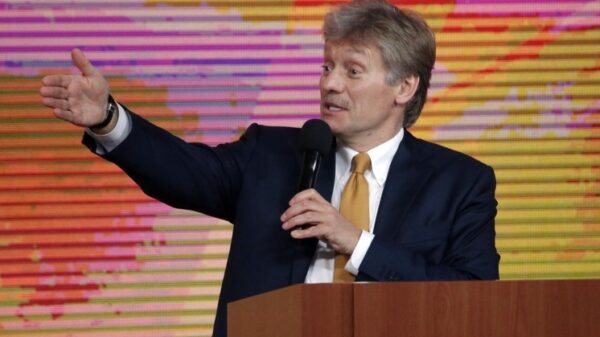
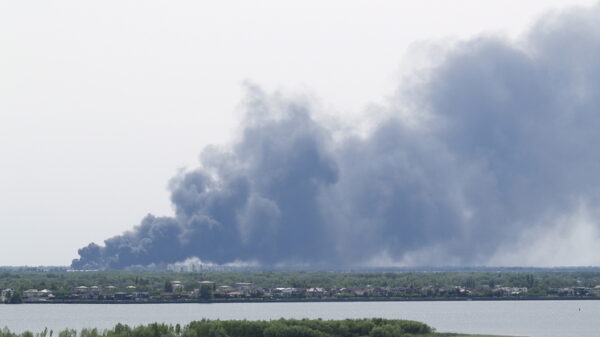

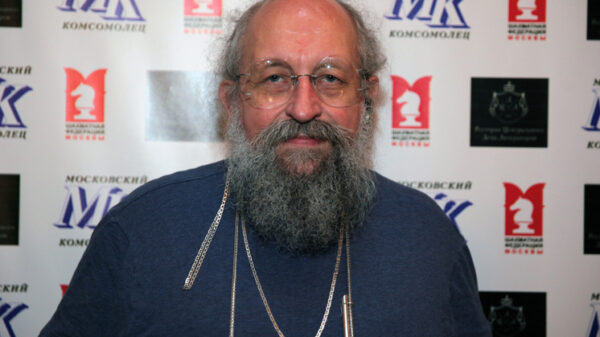






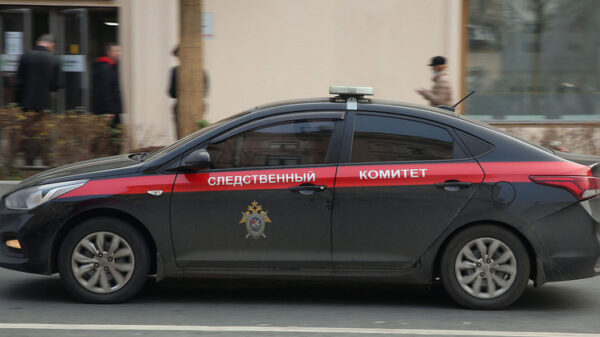



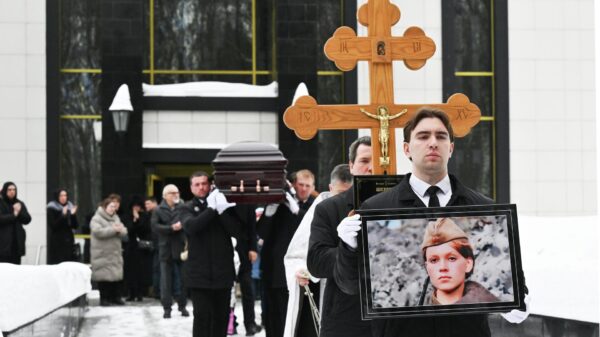





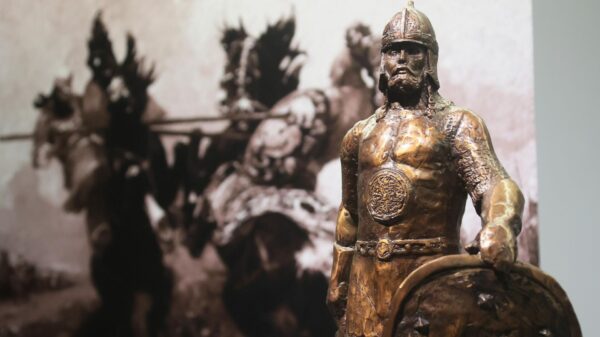







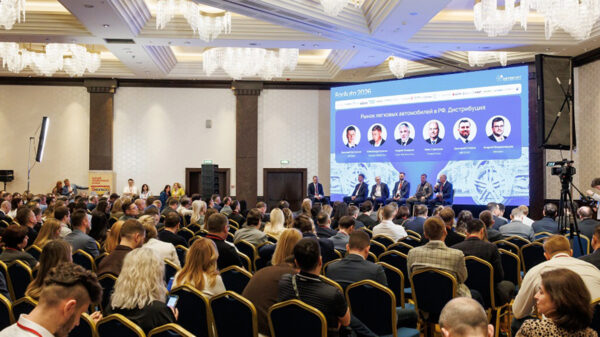


























Свежие комментарии